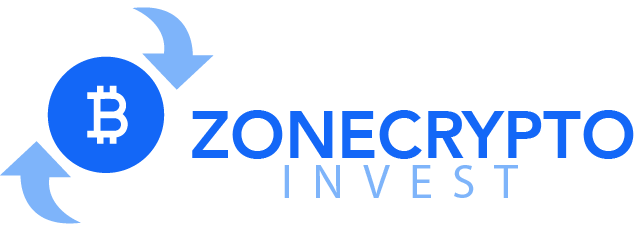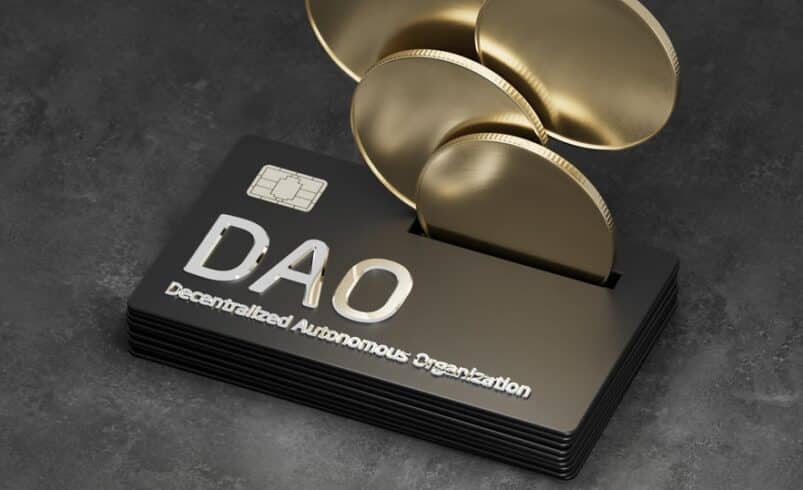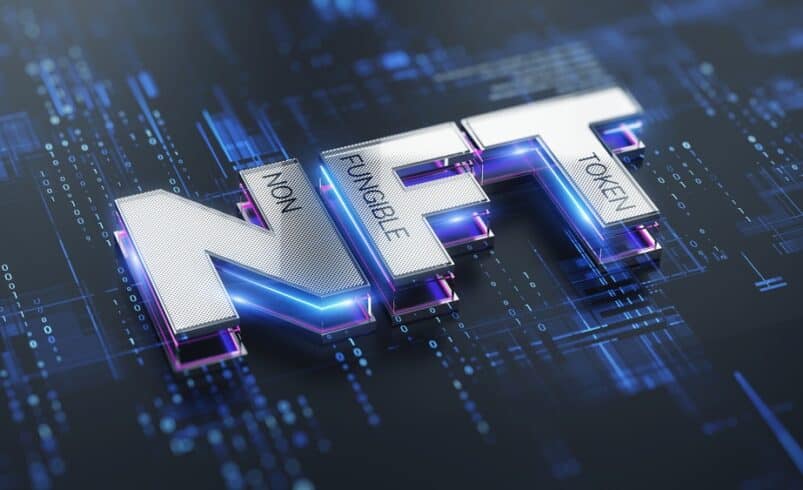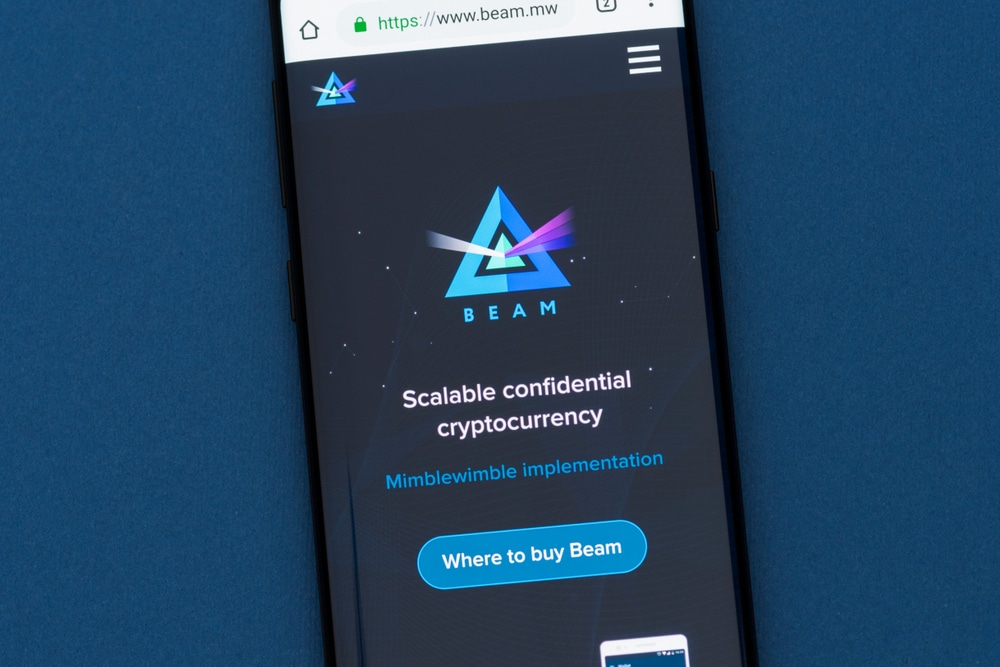A Complete Guide to Understanding Crypto Exchange Binance
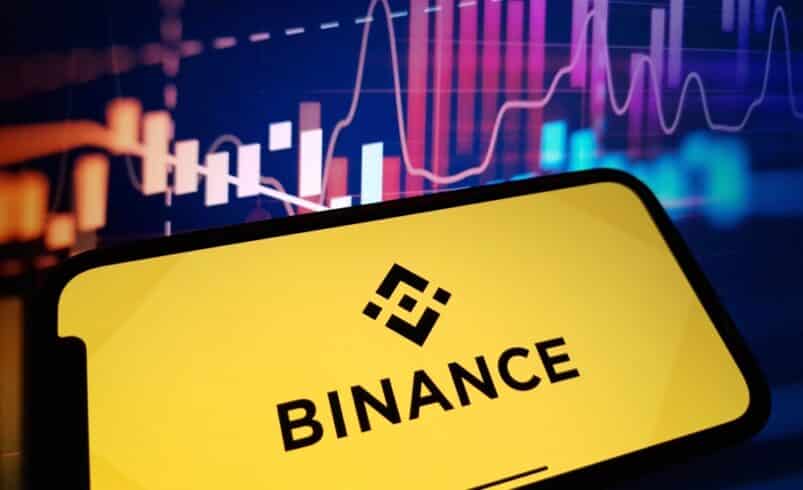
Crypto exchange Binance is the globe’s leading crypto exchange in daily trading volume. It allows users to purchase, sell, trade, and stake cryptocurrencies.
It was founded in 2017 by Changpeng Zhao (CZ) and rapidly expanded to play a major role in the development of the cryptocurrency market as well as its culture. Despite Zhao’s conviction and stepping down as chief, the firm is still at the core of the crypto realm.
Binance Offers Explained
Binance offers several cryptocurrency trading and staking services. It offers markets for spot trading, permitting users to trade several cryptocurrencies directly, with futures, margins, and options trading options.
Other financial products entail Binance Earn, which permits users to earn interest via staking, savings, and other yield-producing products. Binance also comprises fiat on-ramps permitting people to buy crypto directly with typical fiat options.
Binance Smart Chain (BSC) backs several decentralized finance (DeFi) applications and services, while Binance decentralized exchange allows peer-to-peer (P2P) trading. The Binance nonfungible token marketplace permits users to make, purchase, and sell nonfungible tokens (NFTs).
Extra services are featured in the Binance Academy academy bundle, which provides educational resources on cryptocurrency and blockchain, and Binance, which stresses support and investments for blockchain startups.
What You Need for a Binance Account
To open a Binance account, a person should be at least 18 and have a mobile phone number or address. They must also have identity verification or Know-Your-Customer (KYC), which can entail providing a photo of a valid ID, personal data, and a selfie.
Potential users can also add payment methods to facilitate crypto purchases using fiat currency via Binance. Two-factor identification (2FA) can also be activated for extra security.
Fees Charged by Binance
Binance accounts are free and do not charge fees for storing or depositing crypto. Concerning fiat deposits, the fee relies on the currency and method utilized.
Crypto withdrawal fees are dynamic and altered on the status of the blockchain network. Regarding spot and margin trades, Binance begins with a 0.1% per trade base rate but gives incremental tiers of discounts, called VIP status, based on the user holdings of BNB.
Difference between BNB and Binance Smart Chain Explained
BNB and Binance Smart Chain (BSC) are vital elements of the Binance ecosystem but have different purposes. BNB is mainly utilized to pay transaction fees on the Binance exchange, and users can acquire discounts on trading fees when they use it.
BSC is a blockchain network created to run smart contract-founded applications. It offers the ability to develop decentralized applications and digital assets.
BSC and Binance Chain operate alongside each other, permitting seamless movement of assets between two blockchains.
Reflection Binance’s Growth Over the Years
In July 2017, CZ established Binance after generating $15M via an initial coin offering for BNB, its native token. In January 2018, Binance became the globe’s biggest cryptocurrency exchange by trading volume, a position it retains currently.
In September 2019, Binance unveiled Binance US to adhere to U.S. guidelines, increasing its presence in the U.S. market. In April 2020, Binance acquired CoinMarketCap, a highly-referenced crypto data website.
In September 2020, the firm unveiled Binance Smart Chain, a network created to enable decentralized apps and smart contracts. By January 2021, Binance attained a $1T milestone in trading volume, demonstrating its significant market influence and growth.
Binance’s Regulatory Battles
Legal issues for Binance and CZ started in March 2021. This happened after the Commodity Futures Trading Commission (CFTC) allegedly began probing Binance for possibly offering crypto derivatives to United States clients without appropriate registration.
By March last year, the agency formally sued the firm for contravening federal guidelines and failing to register the exchange in the U.S. In June, the Securities and Exchange Commission formally filed charges against Binance and CZ for wash trading and combining client and corporate funds.
The turning point occurred on November 14, last year, after the Department of Justice filed accusations against CZ and Binance. Later, it was revealed the two had entered a guilty plea with authorities, resulting in a $4.3B fine and CZ stepping down as Binance’s chief.
Editorial credit: Piotr Swat / Shutterstock.com
Zone Crypto Invest provides exposure for numerous crypto businesses, and we invite you to join our community! Connect with us through our Telegram chat for any questions. Given the volatile nature of cryptocurrencies, always conduct thorough research before investing. Many articles on our website are sourced from guest writers or are paid content, and they might not reflect the views of Zone Crypto Invest's internal team. The opinions in these pieces may not always coincide with Zone Crypto Invest's stance. We do not vouch for the accuracy, quality, promotions, or any other aspects showcased on our platform. Please refer to our detailed terms of service and disclaimer for further information.
